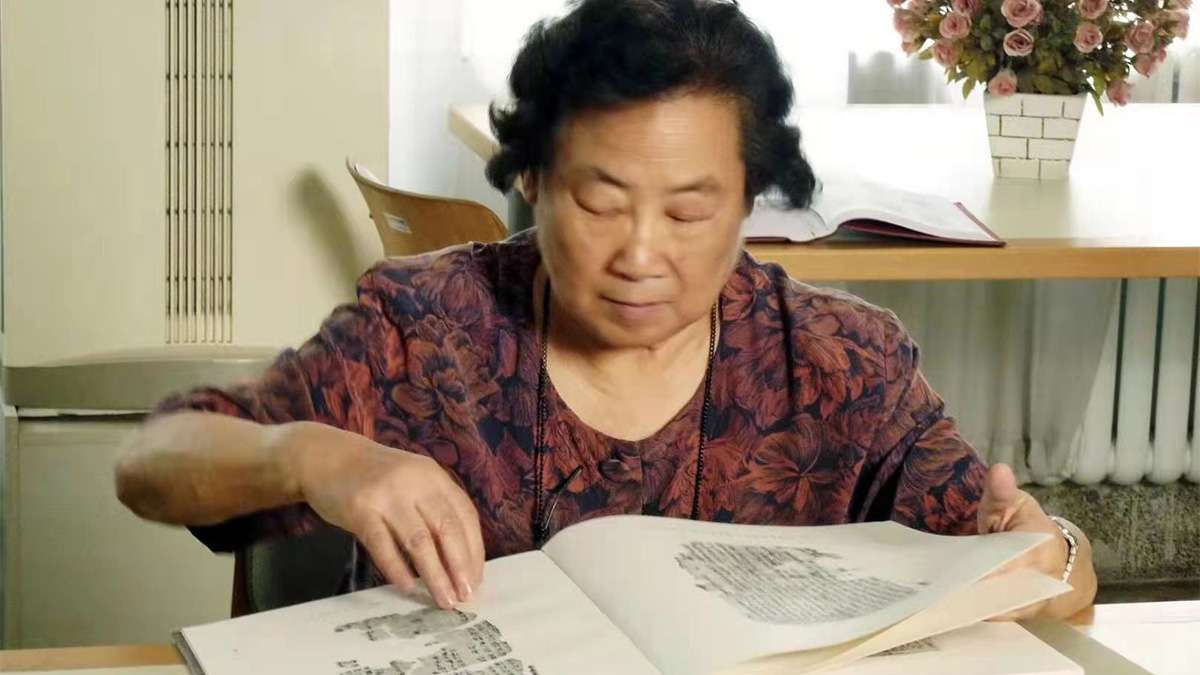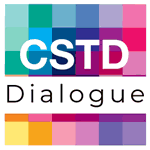By Dr Tu Youyou, 2015 Nobel Laureate in Physiology or Medicine (China)
Youyou Tu
As an experimental scientist, I believe in science. The importance of directing scientific research towards neglected tropical diseases could not be overstated. The majority of the world remains under the shadow of the once-in-a-century pandemic. No one expected that the COVID-19 vaccines could be developed at such an unprecedented speed, yet that was collectively accomplished with a unified purpose and adequate resources.
The successful elimination of malaria in many developing countries, including China this year, is another excellent example, showing how science and technology could help eradicate an infectious disease that had been haunting human beings since the birth of civilization. With equal determination and sufficient resources invested, neglected tropical diseases could be eliminated. No country should be left behind, and there is no reason why any infectious disease in less developed countries should be neglected.
Combating neglected tropical diseases needs the participation and dedication of the younger generation of scientists. When I was appointed as the principal investigator to lead the efforts to search for novel antimalarial drugs, I was 39. Based on my own experience, I have some advice for young researchers who watch this.
First, do not be trapped by any dogma. When I started to search for antimalarial medicines, I took an unconventional approach by any Western standard – turning to Traditional Chinese Medicine for inspiration. Who could imagine the discovery of artemisinin - the most potent antimalarial drug – was traced back to "A Handbook of Prescriptions for Emergencies", written by Hong Ge (East Jin Dynasty, 317-420 A.D.).
Second, do not doubt your scientific research is valuable. When I was systematically reviewing ancient Chinese medicine books for antimalarial remedies, many laboratories in Western countries with much more advanced facilities were rushing to screen new antimalarial compounds. By any “conventional wisdom” or “rational calculation”, the odds of success from our side were slim. Who could imagine that a rather obscure research group of Traditional Chinese Medicine could honour their promise with simple and crude equipments.
What’s past is prologue. I have no doubt that science and technology can help us navigating public health crises. But the first thing is that those infectious diseases should no longer be neglected anymore, making sure adequate resources are allocated and the younger generation of scientists are well-supported.
The author is a research scientist from the Artemisinin Research Centre, China Academy of Chinese Medical Sciences.
Science, technology and innovation can be catalysts for achieving the sustainable development goals.
In the context of the UN Commission on Science and Technology for Development, the CSTD Dialogue brings together leaders and experts to address this question and contribute to rigorous thinking on the opportunities and challenges of STI in several crucial areas including gender equality, food security and poverty reduction.
The conversation continues at the annual session of the Commission on Science and Technology for Development and as an online exchange by thought leaders.


